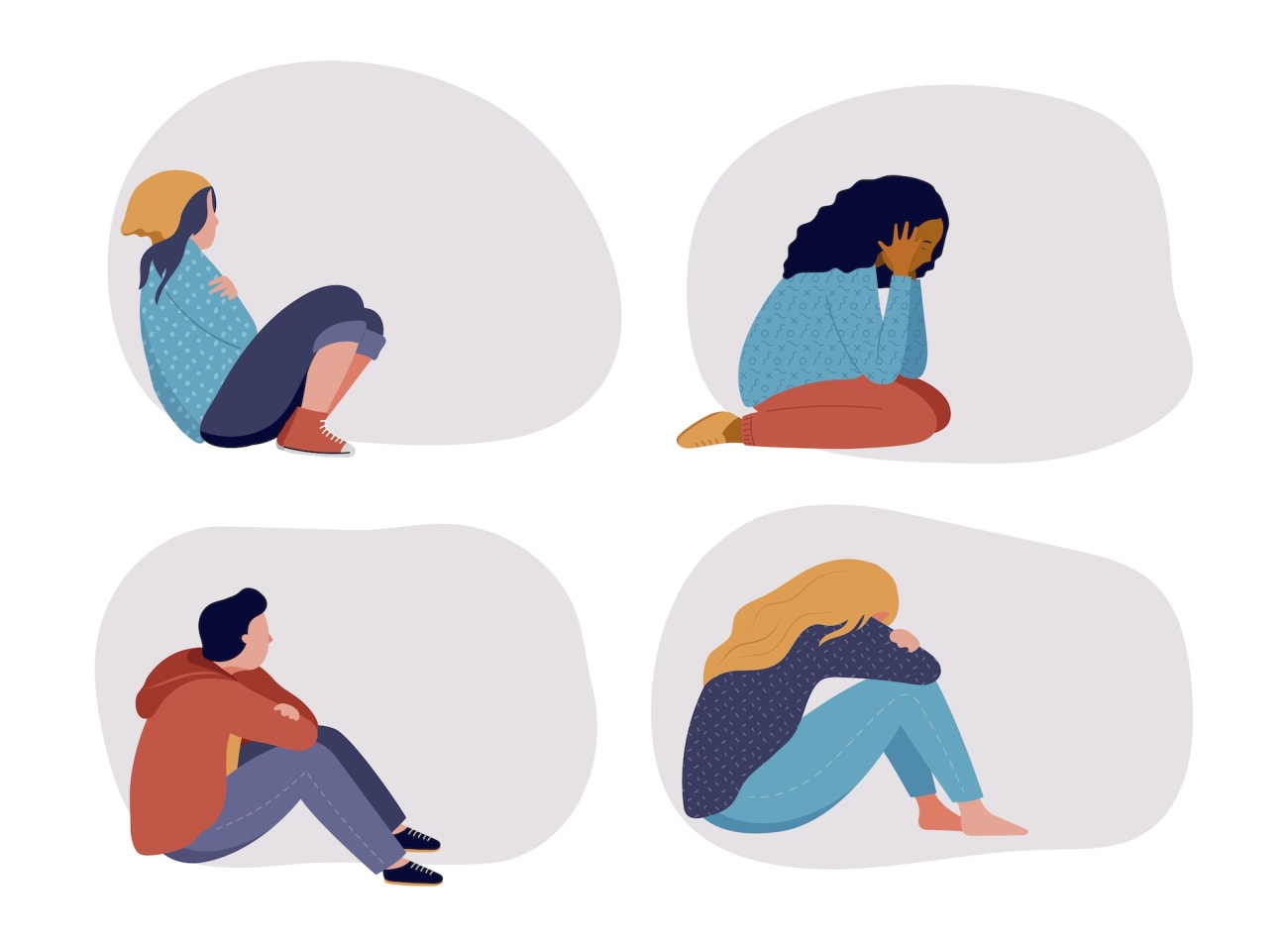
Young adulthood presents a time of rapid change, with many transitioning to and from college, entering the workforce and navigating interpersonal relationships. It’s also a period when mental health conditions such as major depressive disorder or bipolar disorder are likely to arise, says psychiatrist Jennifer Coughlin, who, two years ago, assumed leadership of a consultation clinic that psychiatrist Elizabeth Kastelic started a decade ago for 18- to 35-year-olds at crossroads.
“It’s not uncommon for young adults who are off at college, apart from their parents, to be struck with depressive episodes, and managing them with their psychiatrist is often helpful,” Coughlin says. “But when it’s a hard-to-treat mood episode, having the ability to consult with an expert and get a second opinion on the diagnosis and next steps in treatment can have a major impact in getting them efficiently and effectively back on their trajectory.”
Through the clinic, Coughlin and psychiatric nurse practitioner Ana Soule, who joined the service this year, review records and conduct thorough evaluations to provide recommendations for patients and their families to take back to their psychiatrists. With their expertise in working with young adults, Coughlin and Soule not only can address questions about next steps in therapy or medication, but also guide them in navigating conversations with academic offices or employers.
“It’s also very important in this age group to provide education, because it often is the case that these diagnoses are new to them,” Coughlin says. “It’s key to explain that these conditions are often very treatable. Even if they haven’t responded to treatment early on in their course, we can provide expert guidance as to how to get to a more optimal response.”
“We see a lot of young adults who are kind of bouncing around and trying various medications and treatments, and meanwhile, their life is stalled,” adds Soule. “Identifying an accurate diagnosis and optimal treatment plan is really critical for getting them back on track and setting them up for a stable, successful adulthood.”
Coughlin also directs the Young Adult Mood Disorders Inpatient Unit at The Johns Hopkins Hospital — a specialty service where patients receive care from attending physicians with expertise treating young adults with these conditions. A social worker dedicated to the unit is skilled in interfacing with colleges and universities, when a patient cannot attend classes. Clinicians also have experience in educating patients and their families about what it means to have a mood disorder, what to expect in a treatment plan, and how to effectively support the young adult patient.
The addition of Soule positions the clinic to offer more appointments, and to move toward adding other services in development. Through expanding the clinic, Coughlin and Soule aim to fill a gap in specialized services available to this young adult population, toward getting patients successfully back to health.
“Right now, mental health is in the spotlight,” Soule says. “Being able to expand the number of appointments that we offer and the number of young adults that we’re able to help is exciting, and we’re happy to be spreading the word about our consultation program.”
For more information or to refer a patient, email youngadultconsult@jhmi.edu.


